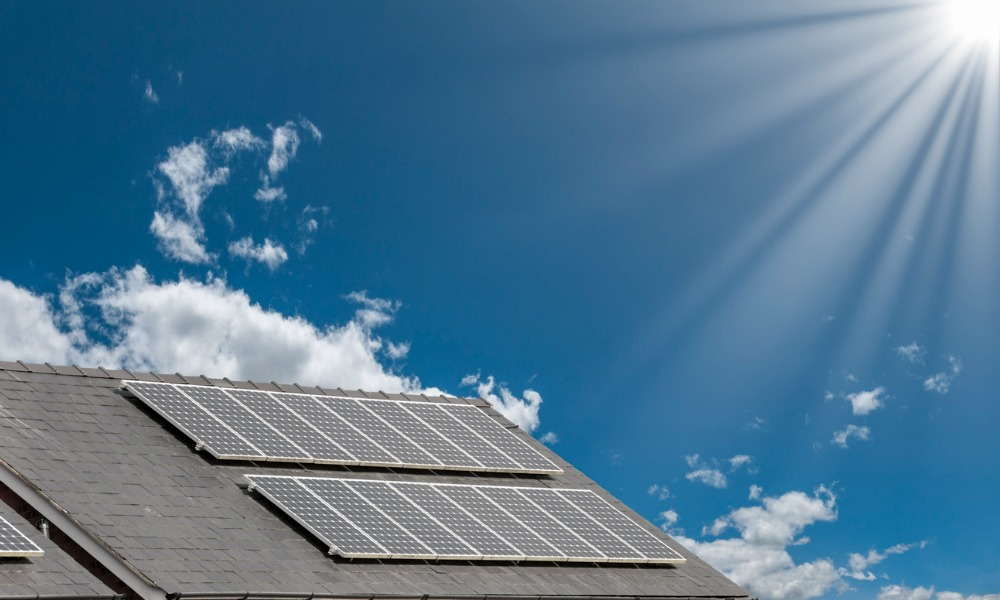Homeowners gain new protections, but MBA says it's still "damaging” to the housing market

The Consumer Financial Protection Bureau (CFPB) has finalized a long-awaited rule designed to extend existing mortgage protections to Property Assessed Clean Energy (PACE) loans, a controversial financing option for home improvements like solar panels and disaster preparedness upgrades.
These loans, repaid through property tax assessments, have been linked to heightened risks of mortgage delinquency and foreclosure, especially in underserved communities.
The new rule mandates that PACE borrowers receive standard mortgage disclosures, ensuring they can compare the cost of PACE loans with other financing options. It also requires lenders to assess borrowers' ability to repay before issuing the loan, addressing concerns about predatory lending practices in the sector.
“Today’s rule stops unscrupulous companies and salespeople from luring homeowners into unaffordable loans based on false promises of energy savings,” CFPB director Rohit Chopra said in a statement. “Homeowners deserve to know just how much they are paying when they put their home and financial future on the line.”
PACE loans allow homeowners to finance upgrades by adding the repayment costs to their property tax bills. However, these loans have been marketed aggressively, often door-to-door, with promises of energy savings or enhanced disaster preparedness.
CFPB research revealed that PACE loans have been linked to troubling financial outcomes for homeowners. The average property tax bill for PACE borrowers increased by $2,700 annually, an 88% rise. Borrowers using PACE loans are more likely to default on their primary mortgages compared to those who finance home improvements through other means.
Additionally, these types of loans tend to carry interest rates about five percentage points higher than first mortgages, even though PACE loans take priority in foreclosure proceedings.
Read more: CFPB to set rules for PACE loans
These concerns prompted Congress to mandate additional consumer protections in 2018, culminating in this rule.
The Mortgage Bankers Association (MBA) and other housing advocacy groups have praised aspects of the new rule, particularly its emphasis on transparency and borrower protections. However, the MBA expressed concerns about the super lien status of PACE loans, which prioritizes them over traditional mortgages in foreclosure.
“The CFPB’s final rule is a significant step to protect consumers and reduce mortgage delinquencies by ensuring that consumers are both informed of the obligations they are signing up for when they take out a PACE loan and that they have the ability to repay the loan,” the MBA said in a joint statement with other housing organizations.
“However, the rule does not change the fact that PACE loans are provided as a ‘super lien priority’ through the tax assessment process, which is damaging to the housing market and to borrowers who may not be able to refinance or recoup their investment at the time of a sale due to the PACE obligation’s priority status.”
PACE loans have disproportionately impacted low- and moderate-income communities, where borrowers face higher risks of tax and mortgage delinquencies. Critics argue that the aggressive marketing tactics often used to promote these loans exacerbate financial strain in vulnerable neighborhoods.
“PACE loans cause an increase in negative credit outcomes, particularly mortgage delinquencies when PACE loans are paid through borrower escrow accounts,” MBA added.
Stay updated with the freshest mortgage news. Get exclusive interviews, breaking news, and industry events in your inbox, and always be the first to know by subscribing to our FREE daily newsletter.



